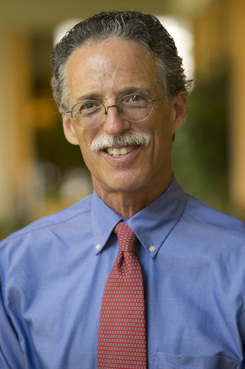Anyone who thinks about the law of evidence knows that there are gaps between cognitive psychology and the rules we try cases by. Excitement may distort or inhibit perception, but we permit and rely upon excited utterances as statements valued for their sincerity and truth. The dangers of limiting instructions are clear—they sometimes exacerbate the impact of the problematic proof, yet we teach Rule 105 as a fix to almost all risky evidence and then proceed under the myth that jurors will follow them to the “t.”
Yet nowhere may the gap between what science teaches and what the law allows be greater than on the subject of memory. We regularly see lawyers refreshing memory as if it really works and generates accurate recall. Science suggests otherwise.
This content has been archived. It is available through our partners, LexisNexis® and Bloomberg Law.
To view this content, please continue to their sites.
Not a Lexis Subscriber?
Subscribe Now
Not a Bloomberg Law Subscriber?
Subscribe Now
LexisNexis® and Bloomberg Law are third party online distributors of the broad collection of current and archived versions of ALM's legal news publications. LexisNexis® and Bloomberg Law customers are able to access and use ALM's content, including content from the National Law Journal, The American Lawyer, Legaltech News, The New York Law Journal, and Corporate Counsel, as well as other sources of legal information.
For questions call 1-877-256-2472 or contact us at [email protected]


 Jules Epstein
Jules Epstein




